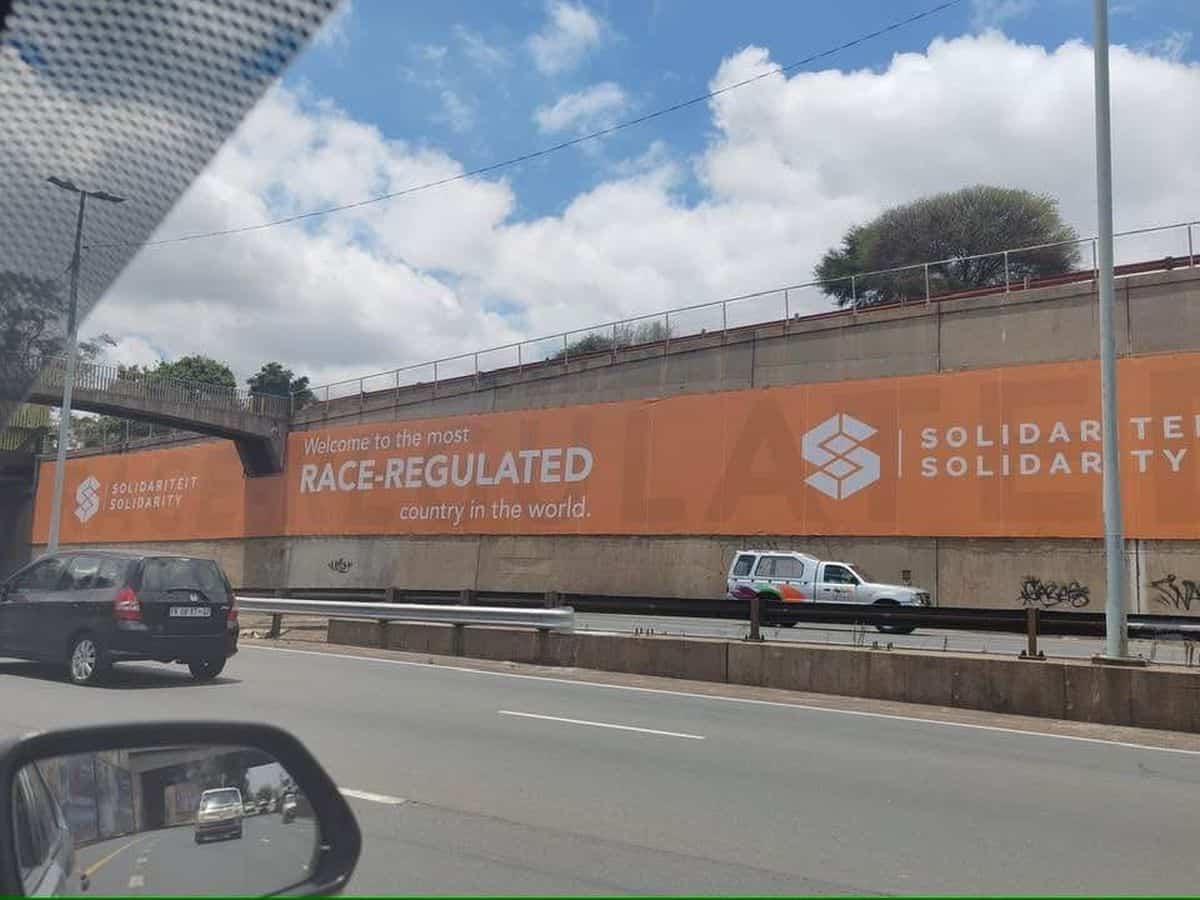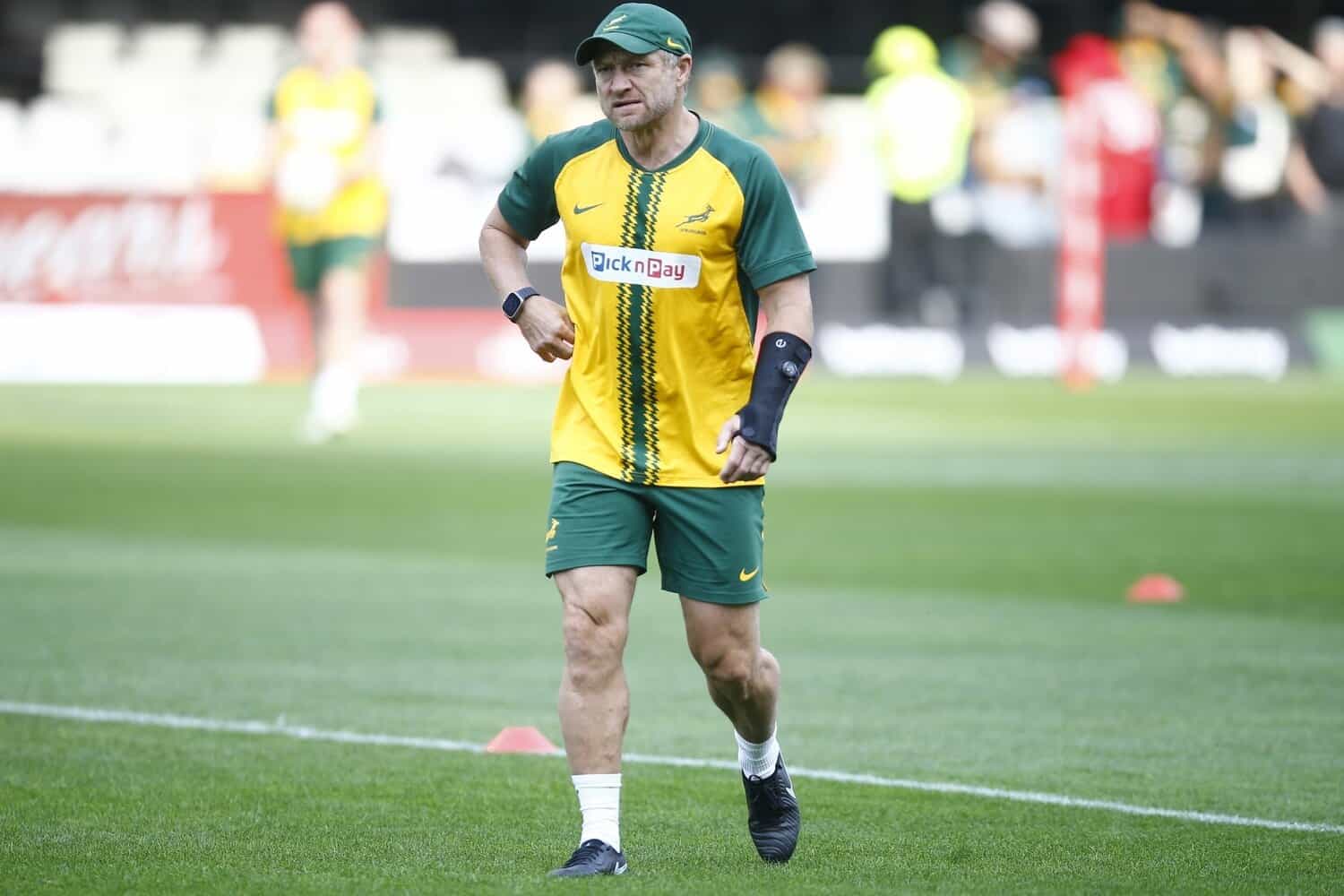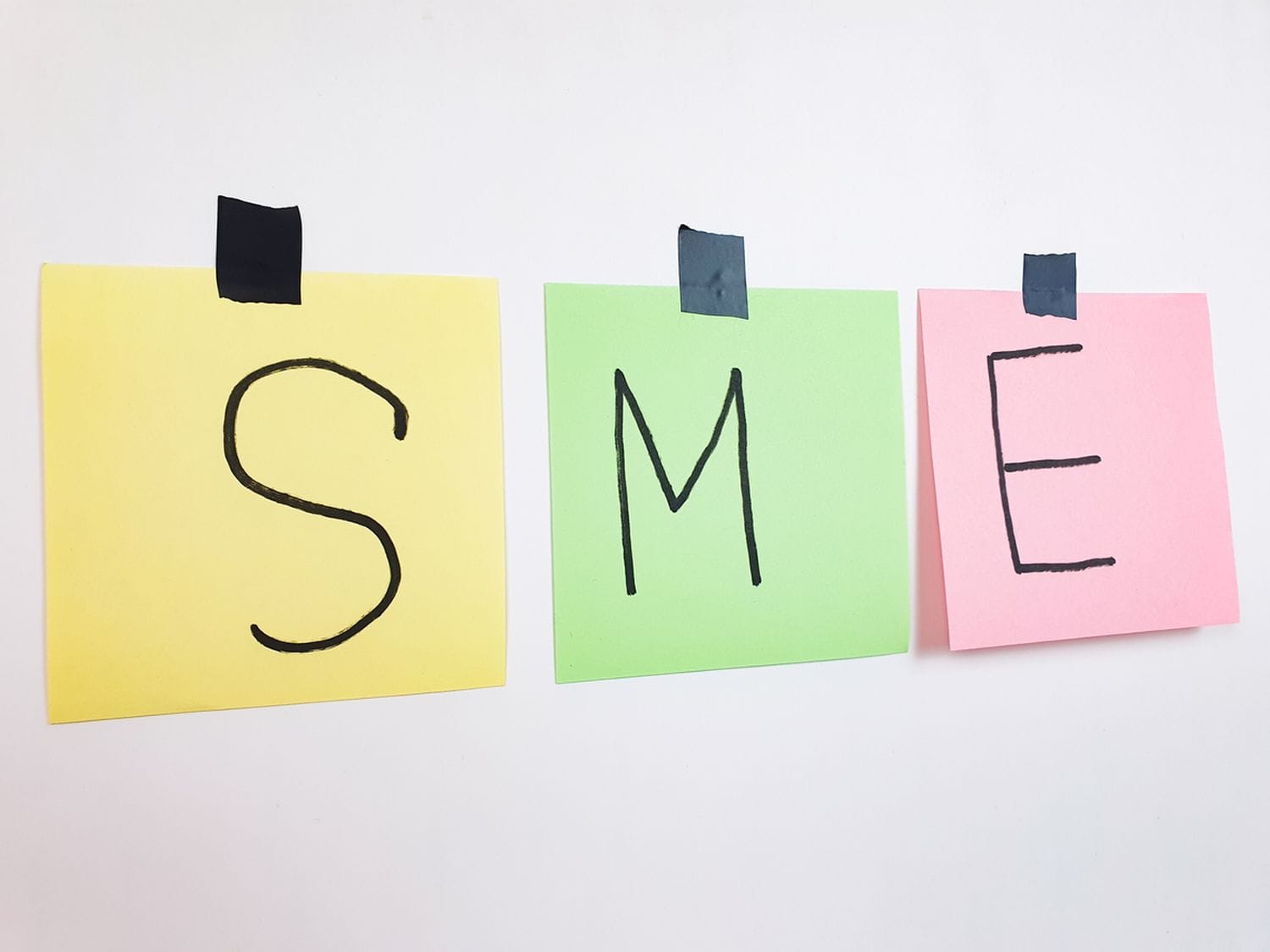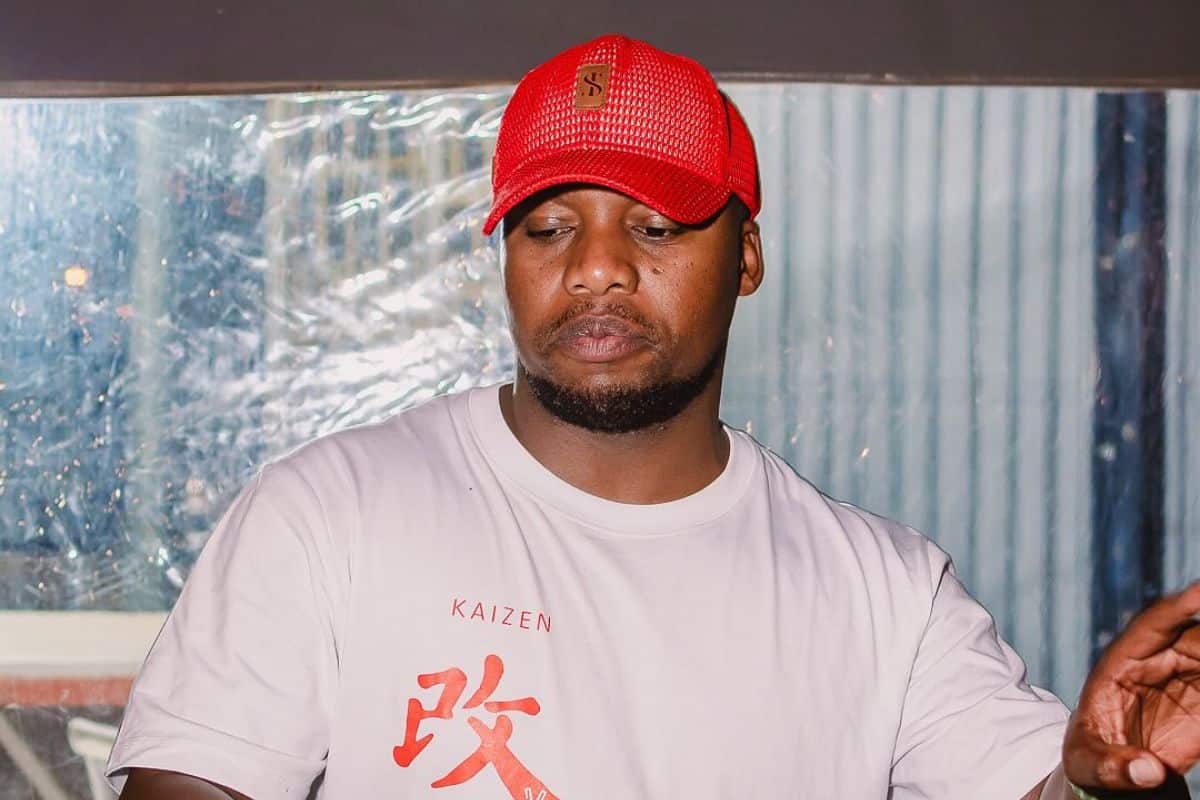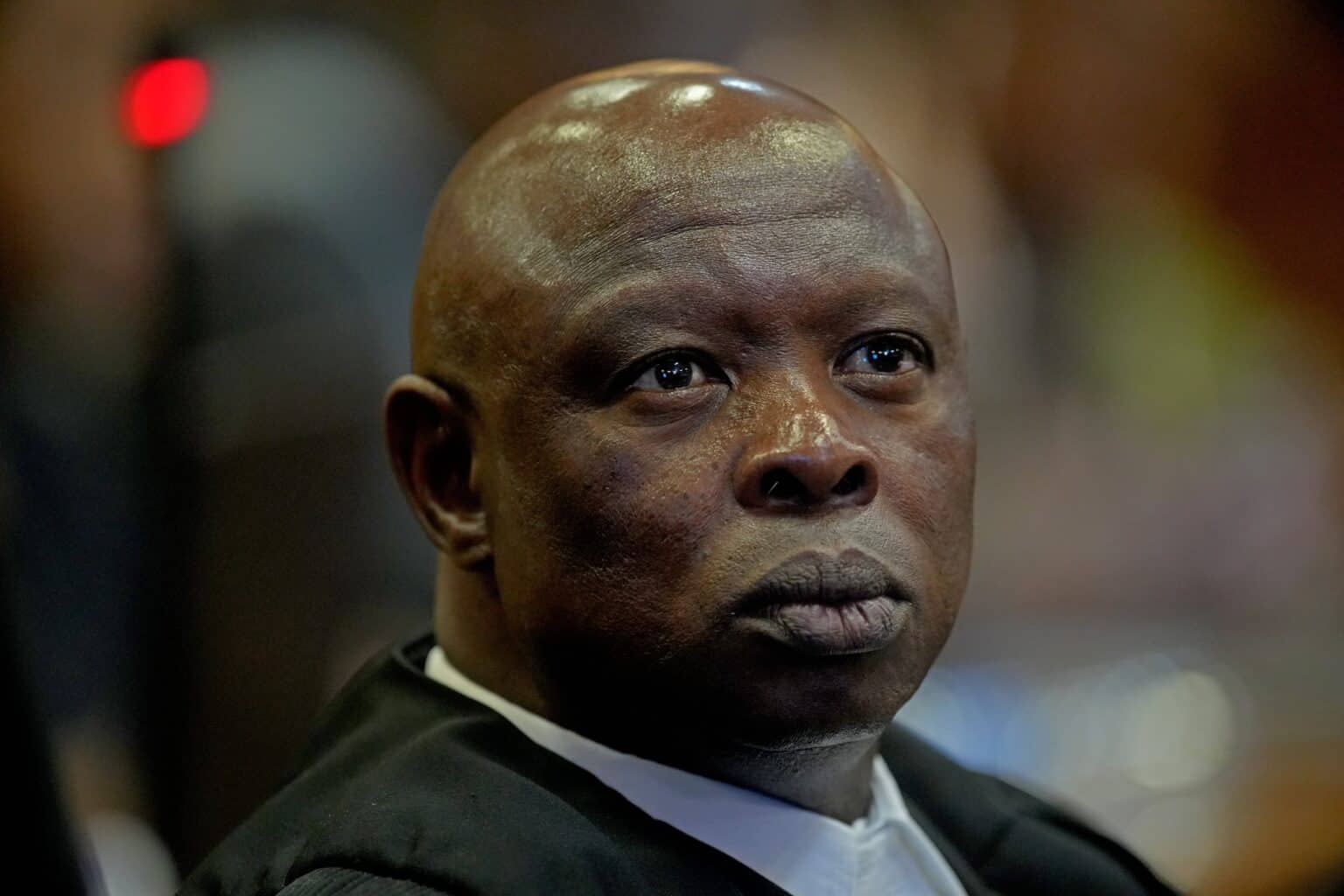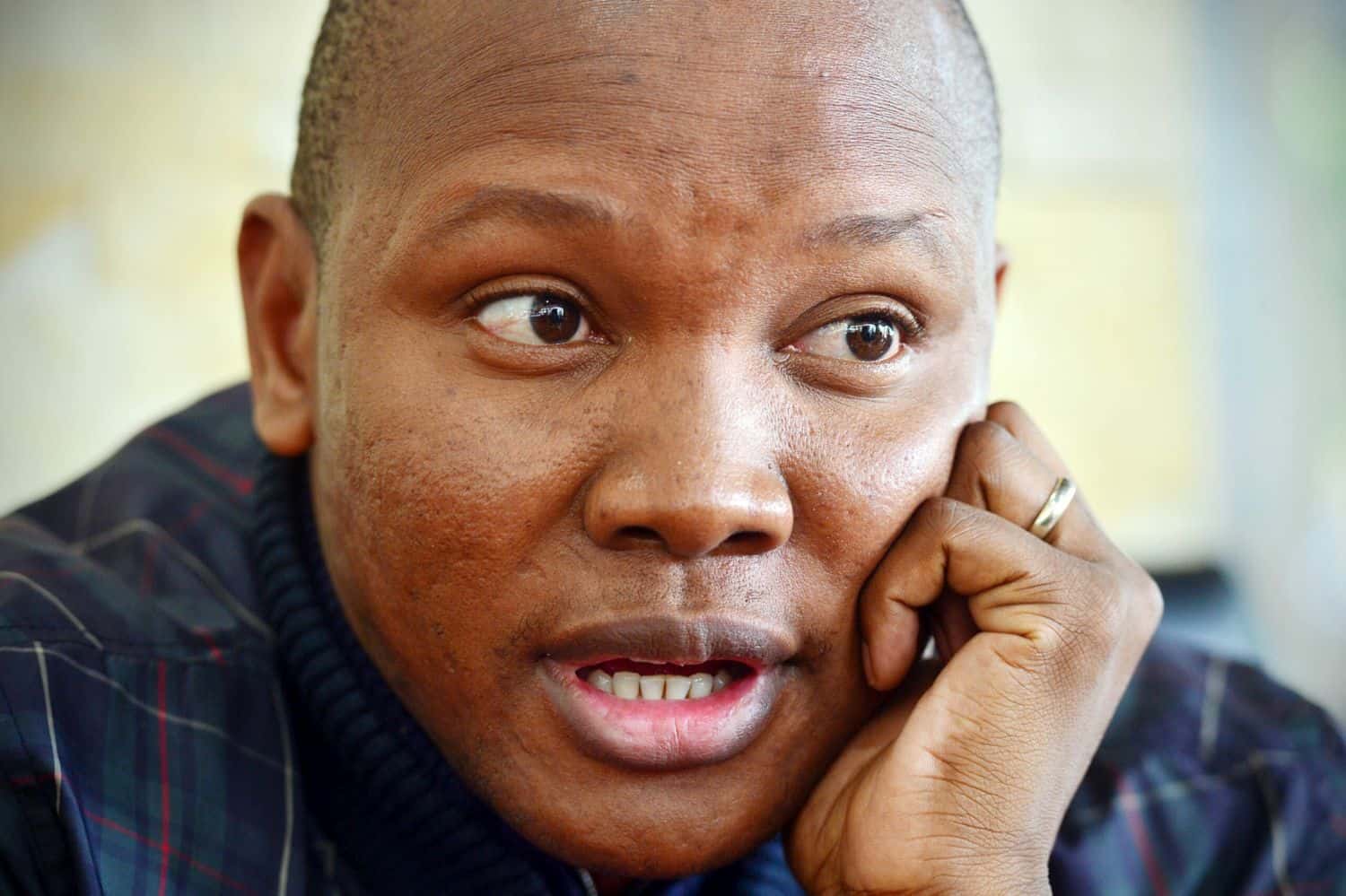How much will ‘Please Call Me’ inventor keep after paying legal and tax?
Days after the settlement was reached, Makate already has three priority bills he has to settle.
Only a few can fight a 17-year-long legal battle with no financial backing, and Please Call Me inventor Nkosana Makate is not one of them.
He was able to take on the telecommunications giant Vodacom for almost two decades with the help of litigation funders, who have now knocked on his door to demand what they are owed.
Vodacom and Makate reached a settlement last week, ending the legal battle over what he believes the company owes him for his ‘Please Call Me’ idea. Initially, he wanted to be paid at least R9.4 billion, while CEO Shameel Joosub wanted to pay Makate R47 million for the idea.
The settlement amount agreed by the two parties fell somewhere in the middle. While they have signed non-disclosure agreements (NDAs), analysts have estimated the settlement at around R660-million, based on the mobile network’s shareholders’ note released last week and its interim results released on Monday morning.
‘Please Call Me’ inventor might have received R660 million
Days after the settlement was reached, Makate already has three priority bills he has to settle. The taxman, his legal team, and the litigation funders.
Moneyweb reported using the midpoints of each range (first, 40% to 45% and then the revised 30% to 40%), Nedbank Corporate and Investment Bank estimated the out-of-court settlement at R512 million, in a note to clients. The range of the settlement was seen as “between R350 million and R660 million”.
It is also unclear if this settlement was paid in money, shares, or a combination of the two. However, the mobile network giant confirmed it is a one-off payment.
ALSO READ: ‘I am still resilient’: Please Call Me inventor Nkosana Makate unfazed by Vodacom’s ConCourt victory
How much the ‘Please Call Me’ inventor needs to pay
It is also unclear at the moment whether the South African Revenue Services (Sars) will accept the settlement as income or capital gains tax.
However, it is noted that any fees paid to lawyers or litigation funders are typically deducted from the gross settlement before tax is calculated, if appropriately structured.
According to an article by the Sunday World, Makate said he would pay his legal team 20% of the money he receives at the end of the legal battle. Therefore, if he received R660 million from Vodacom, he would have to pay his legal team R132 million.
Litigation funders asks for 40%
eNCA on Monday morning reported that Makate’s funders are seeking 40% of the settlement. Litigation funders are third parties with no direct interest in a legal case, but they finance legal costs in return for a share of the claim.
Litigation funding is generally not considered a loan but rather an asset purchase, as it does not have to be repaid if the plaintiff’s lawsuit is unsuccessful. Should Makate agree to the 40% bill, he would have to pay the funders R264 million.
From that R660 million, he would be left with R264 million that the taxman will be eyeing.
ALSO READ: Makate’s compensation amounts ‘will impact Vodacom’ if left undisputed, court hears
Makate left with R200million?
It depends on how the tax agency will view the settlement. It can be viewed as an income or capital gains tax. “Capital gains tax is not a separate tax but forms part of income tax,” said the tax agency.
“A capital gain arises when you dispose of an asset on or after 1 October 2001 for proceeds that exceed its base cost.”
If the settlement is considered compensation for a capital asset (e.g., the rights to an idea or intellectual property) rather than normal income, it might fall under capital gains.
For individuals, 40% of the capital gain is included in taxable income. The highest marginal income tax rate for individuals is 45% (for taxable income above R1.817 million in 2025/26).
So, if the settlement is treated as a capital gain, the tax payable would be approximately R47.5 million, leaving him with R216.4 million. This is much lower than if it were fully taxed as income, where the effective tax could reach R118.8 million (45% of R264 million).
So if taxed as capital gains, Makate is going to be left with R216.4 million. But if it is fully taxed as income, he will be left with approximately R145 million.
NOW READ: Please Call Me inventor triumphs over Vodacom

